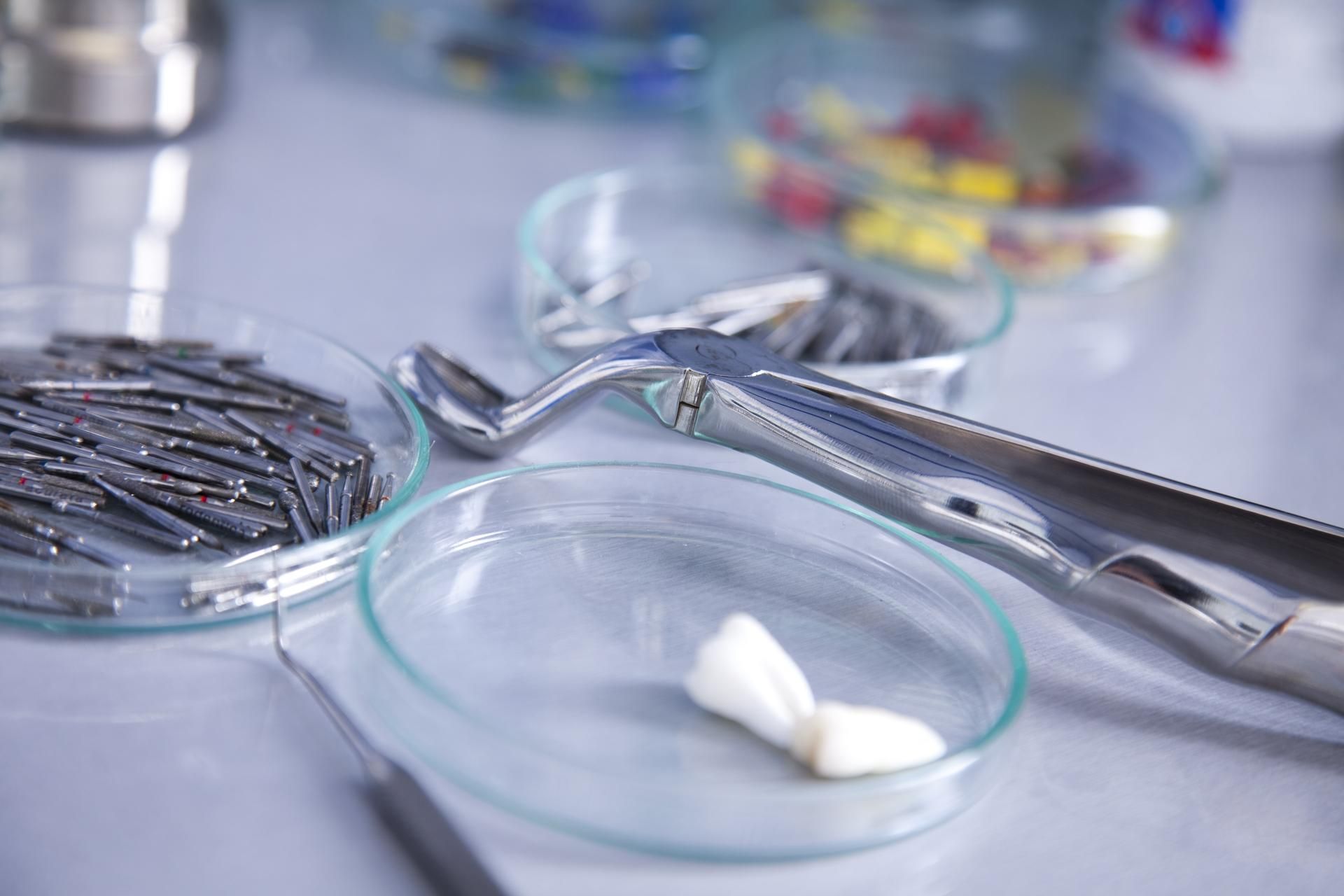Current And Emerging Technologies And Processes In Dental Implant Treatment
- By Rabel Dentistry
- •
- 12 Dec, 2023

Dental implants are the next best thing to natural teeth. Therefore, dental implant treatment is important to those who lack or cannot retain their natural teeth. Dentists and other researchers work day and night to improve dental implant treatment. Below are some technologies (both in use and at the research stage) that may improve dental implant treatments.
Digital Imaging
Dentists use digital imaging technology to capture images of the oral cavity, including deep tissues you cannot see with the naked eye, like the jawbone. Examples of digital imaging technologies include x-rays and computed tomography (CT). The technologies allow the dentist to:
- Get a clear image of the tissues and nerves around the missing tooth
- Ascertain the condition of the jawbone around the missing tooth
- Identify potential problems, such as deformities, invisible on the gum surface
The digital images allow the dentist to fashion an implant of the correct size, increasing the chances of implant success. Digital imaging is also useful in monitoring the implant condition and recovery process after surgery. For example, digital images can tell your dentist whether the bone tissues around the implant are growing as they should.
CAD, CAM, and 3D Technologies
Some dentists and dental laboratories use computer-aided design (CAD), computer-aided manufacturing (CAM), and 3D technologies to design and produce dental implants. For example, a dental professional can use the technologies to scan your mouth and teeth, create a dental restoration impression, and make a dental crown.
CAD, CAM, and 3D technologies have several benefits. For example, the technologies create precise and customizable restorations. These technologies also accelerate the treatment process.
Zirconium Implants
Traditional dental implant materials include porcelain, ceramic, and titanium. However, researchers in the dental industry have identified Zirconia as a good alternative or addition to this list. Zirconia is a transition metal, meaning it has metallic and nonmetallic properties. Dental professionals use the material to fashion zirconium implants.
Zirconium implants are just as strong as metal implants, a great advantage since you want your implants to last forever. At the same time, dentists can fashion zirconium implants to resemble natural teeth, greatly improving your smile aesthetics. Expect to see more of these implants in the future.
Implant Surface Modification
Dental implants have an impressive success rate of about 90% after a decade or so after treatment. However, the implants that fail mean there is still room for improvement. Biological factors (like bacteria), behavioral factors (like teeth clenching), and material imperfections contribute to implant failure.
Surface modification is a relatively new dental treatment dentists use to reduce implant failure risk. With surface modification, dental professionals use different technologies (like sandblasting and acid etching) to improve the implant material's surface.
Surface modification improves the integration between implants and natural tissues. Surface modification also makes it difficult for bacteria to colonize tissues around the implant. Both issues improve implant success chances.
Smart Dental Implants
Lastly, some researchers are experimenting with using smart technology to improve implant success rates and durability. One such research focuses on phototherapy to dampen bacterial growth and encourage tissue regeneration around dental implants. The smart implants harness your kinetic (motion) energy to power a light source responsible for the phototherapy.
This research looks promising for two main reasons. First, oral bacteria contribute to implant failure since they attack tissues around the implant and discourage integration between the implant and natural tissues. Secondly, natural tissues around implants do not always have the vigor to regenerate and encourage implant stability.
You may not always need all the above technologies whenever you have missing or failed teeth. Let Rabel Family Dentistry examine you and determine the necessary treatments or technologies. We have been active in the dental industry since 1961. Contact us for a consultation to determine the best way to preserve or replace your teeth.
CONTACT INFORMATION
3114 Groom Road Baker, LA 70714
Phone:
225-775-0160
Email:
drbrett@lakeshorecapital.biz
PAYMENT OPTIONS






CareCredit
BUSINESS HOURS
- Mon - Fri
- -
- Saturday
- -
- Sunday
- Closed
*Our phones are monitored 24/7
Interest-Free Payment Plans
We partner with a third party ad network to either display advertising on our Web site or to manage our advertising on other sites. Our ad network partner uses cookies and Web beacons to collect non-personally identifiable information about your activities on this and other Web sites to provide you targeted advertising based upon your interests. If you wish to not have this information used for the purpose of serving you targeted ads, you may opt-out by clicking here . Please note this does not opt you out of being served advertising. You will continue to receive generic ads.
